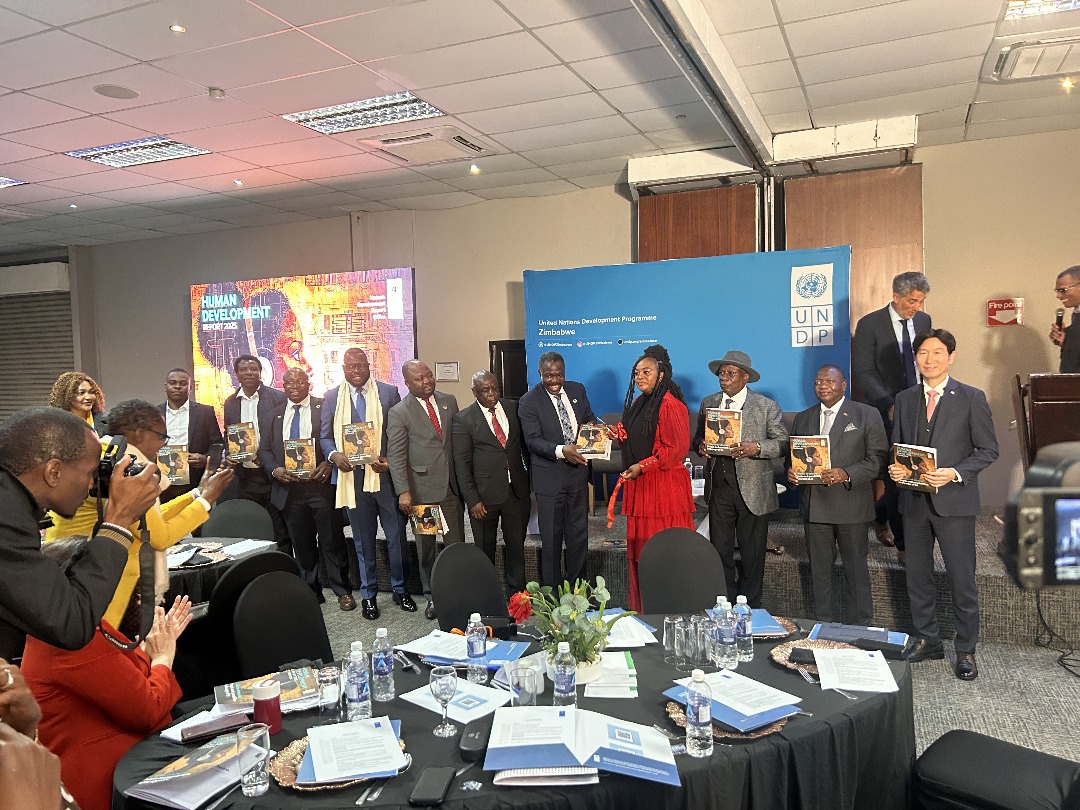Last week Tsitsi and Strive Masiyiwa committed $100 million for rural entrepreneurship development in Zimbabwe. The couple has really stepped up their philanthropic efforts in the country and across Africa.
Last year, Econet Wireless Zimbabwe donated $10 million to aid in the fight against a cholera outbreak that hit sections of some Zimbabwean cities. Half of that money has already been spent. Now, the Masiyiwa’s have pledged a further $60 million to not only fight the current outbreak but to build resilience against the disease.
In tapping into President Mnangagwa’s vision of Zimbabwe becoming an upper middle income economy by 2030, Strive and Tsitsi want to help see the eradication of cholera in Zimbabwe by 2030. Here is the press release sent to us:
The family foundation of Econet founders Strive and Tsitsi Masiyiwa has committed an additional US$60 million towards the cholera response in Zimbabwe. The commitment comes on the back of an initial $10 million investment by Econet Wireless Zimbabwe at the onset of the cholera outbreak in Zimbabwe in September 2018.
Nearly half of the initial investment has been spent to date, and the Masiyiwas are now committing to expand the investment by $60 million of their own funds, to be spent over the next 5 years.
Since the 2018 cholera outbreak in Zimbabwe, the Government has led a massive effort to contain the spread of cholera. The swift response and decisive leadership of the Health Ministry was a critical success factor. Through the support of partners such as the World Health Organization, UNICEF, Medecins sans Frontieres (Doctors Without Borders), the Bill and Melinda Gates Foundation and the Masiyiwas’ Higherlife Foundation, the 2018 outbreak was, in relative terms, more effectively contained, compared to a 2008 outbreak, which reportedly claimed 4 000 lives.
Of the initial US$10 million investment, close to half has already been put to use to rehabilitate critical but dilapidated sewer infrastructure and to procure emergency supplies to manage the outbreak. An emergency project is already underway to build a large public health emergency operations centre – a ‘situation room’ from which the country’s Ministry of Health and Childcare can better monitor and respond to a range of disease outbreaks and public health security threats around the country.
The new funds are intended to scale up efforts already underway as they will support the country on a long-term roadmap to eliminate water-borne diseases, focusing on catalyzing innovative solutions to the water and sanitation infrastructure problem.
“Rehabilitating water and sanitation infrastructure comprehensively will call for a heavy lift, requiring a few hundred million dollars. We are working to make the investment case with other partners, for them to join us in this challenge to make the basic right to clean water a reality for all Zimbabweans,” said Mrs Tsitsi Masiyiwa.
‘No one Should die of Water Borne Diseases’ is the ethos for this response to end cholera. Mrs Masiyiwa said was not acceptable that in 2019 people should still lose their lives to cholera which, if detected early, can be prevented, managed and treated.
In Zimbabwe, as in many other developing countries, cholera often manifests as a health crisis, but it is ultimately a development problem; an underlying indication of critical challenges in municipal service delivery and financing, maintenance and management of waste and sewer treatment facilities, as well as poor emergency surveillance and response systems.
The Masiyiwas said part of the $60 million would be channeled towards catalyzing innovative public private partnerships (PPPs) that will lead to creative financial models that can support transitions to sustainable financing of service provision at the municipal level.
The Masiyiwas’ $60 million commitment supports a wider cholera initiative, dubbed ‘End Cholera Now: The 10 year promise’. Spearheaded by a multi-sector National Taskforce on Cholera Elimination, with support from Higherlife Foundation, the 10-year initiative is working to establish a reform agenda and convening a range of game-changing strategic PPPs with the ultimate goal of eliminating cholera in Zimbabwe by 2030.
It is also guided by the World Health Organization’s Global Cholera Roadmap for Ending Cholera by 2030 and the Zimbabwe’s Vision 2030 Framework.












